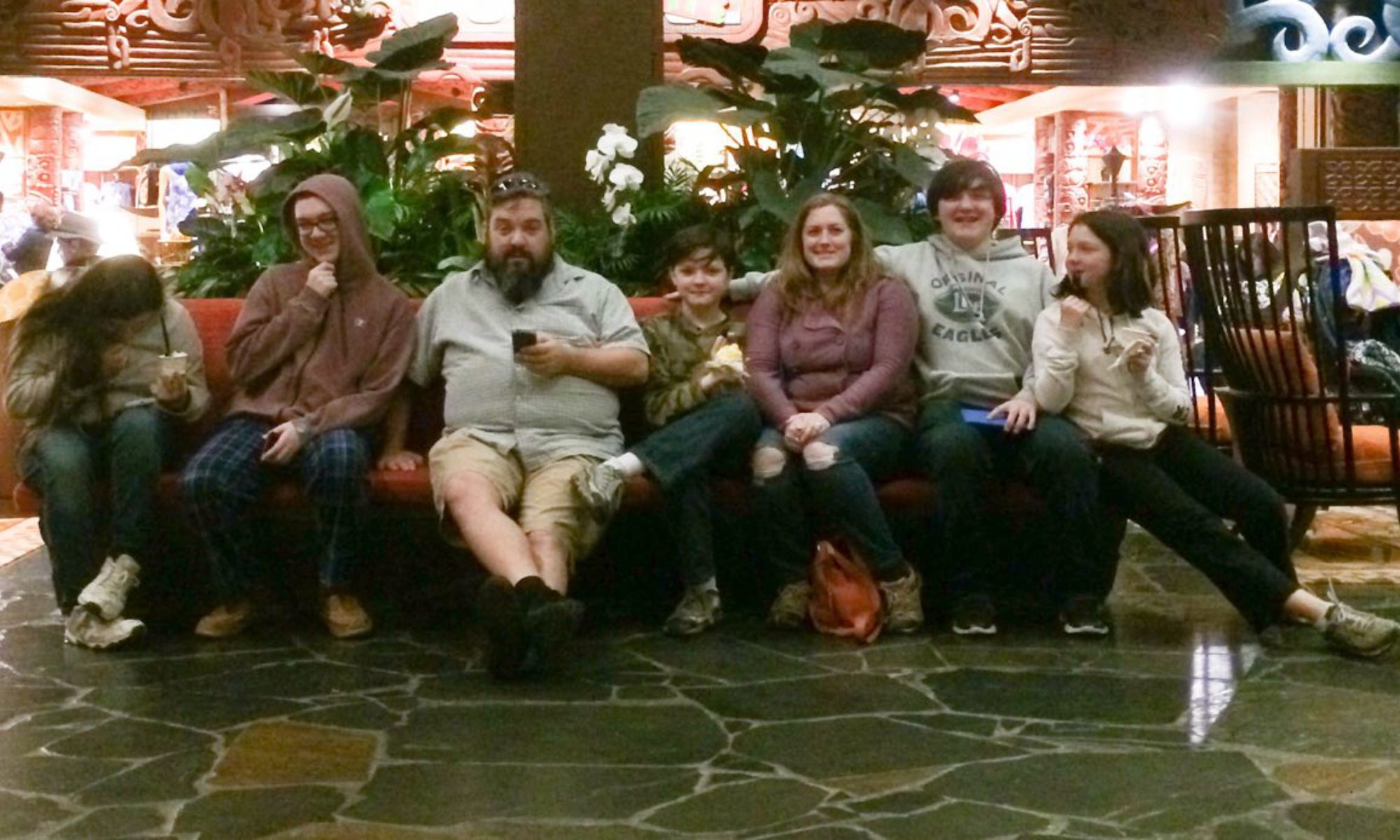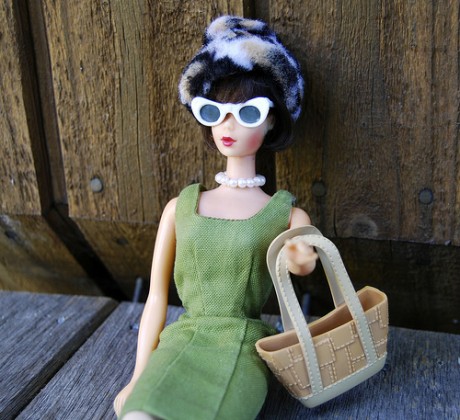My husband and I were both homeschooled from elementary school through graduation.
While I have years of experience being a homeschooled student, and have a solid understanding of homeschooling –- the philosophies, curriculum options, politics, and even the memorized retorts when nosy people at the grocery store ask silly questions like, “shouldn’t you be in school?†-– this is the first year that my husband and I are homeschooling teachers.
At the beginning of the school year, even as a second-generation homeschooler, I confess that I still had some unrealistic expectations for what homeschooling was going to be like this time around.
Honestly, I felt overwhelmed. I realized that while there were some aspects of homeschooling that I liked from my own education, I also carried a number of fears over things I struggled with as as a homeschooled teenager – like math. (I even took math classes in college and confirmed it’s still not my favorite subject.)
However, something interesting happened to my perspective today: I caught a glimpse of the bigger picture.
This morning, while I was putting away laundry, I quietly observed my children playing. I listened, unobtrusively, as they assimilated what they had learned about the five senses into their play.
Apparently, some of our Barbies are now “blindâ€. 

Surely this phenomenon happens to children who are attending school outside of the home — it’s just that, as a homeschooling parent, I can be more in tune with why these thoughts are manifesting themselves in their playtime.
As I watched, I appreciated that I didn’t have to wonder about the process that took place before they came to these conclusions. I didn’t have to ask myself, “What else are they being taught?†I knew for a fact that, yesterday, we had studied blindness, and I knew the scope of what it entailed. I didn’t have worry about the agenda that sometimes is pushed in schools along with with sensitive topics.
We had read a library book together that explained that those who are blind still lead a full life with the use of tools like Braille, guide dogs, and canes. The book also mentioned how children who have disabilities are regular people – with thoughts, feelings, and dreams for the future. We read about ways to help people with disabilities to fit in and feel accepted, just like we would with anyone else.
In observing my children’s play, I could see that they had an understanding what they were being taught – as if they were taking a quiz that utilized role-playing.
I was tickled that they grasped the more scientific aspects of blindness and practical things the blind could do to lead normal lives. The Barbies were identifying objects through touching and smelling them.
I was warmed to the heart that my children understood the importance of including people with disabilities. The “seeing†Barbies were helping the “blind†Barbies to do the things the “seeing†Barbies were doing.
Homeschooling my own children has, even before I noticed it happening, changed the way I look at parenting. How true it is that, “school is life and life is school.â€
Participating on a deeper level in my children’s education easily fits in to a larger, more holistic picture of my role as a parent. Being a homeschooling teacher has helped me to appreciate how young minds work. It has caused me to evaluate what I am doing to shape them – for better or for worse.
We’re still in preschool and elementary school here in the Albrecht household. Yes, I do have some apprehensions about homeschooling through high school. But, no matter what happens, I have learned a valuable lesson about the natural relationship between parenting and education.
As I look to the future, I’m also looking forward to new “ah-hah moments†that will teach me even more about making a difference in my children’s lives as they get closer to turning into adults.
For now, though, I’m content to live in the moment, simultaneously teaching and parenting, and quietly observing the fruits of my labor.
Photo credit: Cheryl Harvey via Flickr

